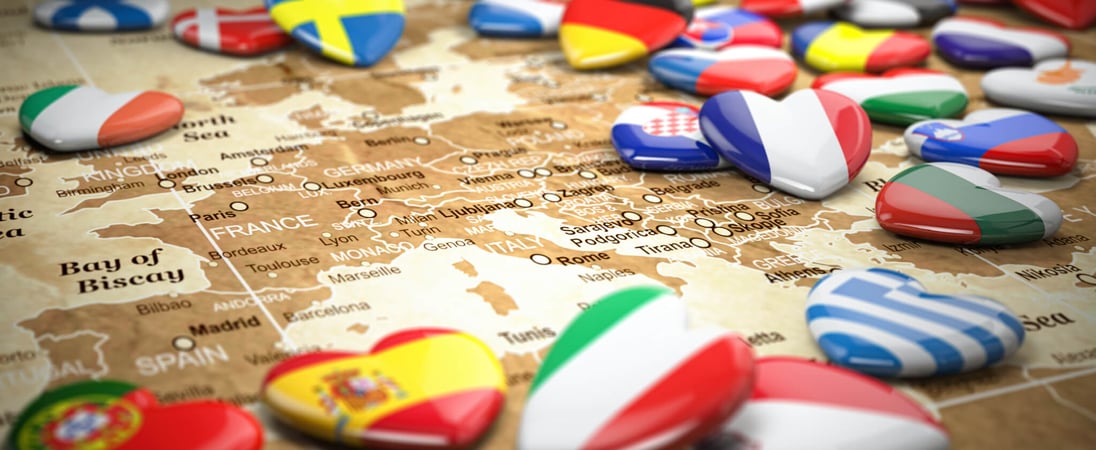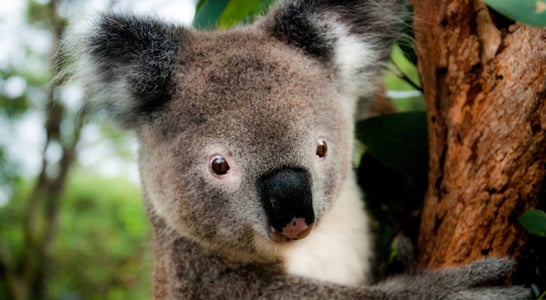
European Day of Languages
Diverse European languages weave a tapestry of communication, uniting cultures through a rich linguistic mosaic.
Many people don’t realize that the opportunity and ability to learn a second (or third or fourth) language not only has practical benefits but it also has other positive effects that ripple out into society. From making new friends to promoting brain growth, language learning is fantastic!
To show respect and appreciation for the rich heritage of cultures and linguistics within Europe, the European Day of Languages is here.
History of European Day of Languages
European Day of Languages got its start in 2001 when it was founded by the Council of Europe. This day was established as an annual follow-up to the year set apart as the European Year of Languages. The hope for this annual event is to promote cultural diversity and encourage people to either host or participate in various activities that feature diversity in linguistics as well as the ability to speak other languages.
There are twenty-four distinct languages that are official within the European Union, as well two other national languages that are spoken but are not officially recognized: Luxembourgish (spoken in Luxembourg) and Turkish (spoken in Cyprus). Additionally, there are more than 200 indigenous languages that are spoken in Europe. And further languages of migrants can also be found in various pockets throughout the region.
European Day of Languages acts as an opportunity to celebrate all of Europe’s languages, encouraging individuals to pursue and learn about the vast array of languages in a variety of ways.
How to Celebrate European Day of Languages
Show some appreciation on European Day of Languages by sharing in events and activities that promote this rich and diverse linguistic heritage. Consider some of these ideas for participating in the day:
Learn a New European Language
Since the advent of the internet, access to language learning has never been simpler. Instead of having to learn from a book or hire a local non-native speaking teacher, it’s possible to get access to native language speakers from all over the world to become teachers and conversation partners.
Plus, language learning apps for smartphones make it easier and even fun – like a game. Celebrate European Day of Languages by dipping a toe into a new language learning experience!
Share About European Languages
One of the best ways to shine a spotlight on the diversity of European Day of Language is to do some research and then talk more about it. Here are some interesting facts to start with and share:
- Most European languages come from one of three major groups: Germanic, Romance, or Slavic languages
- Hungarian is often considered to be the most difficult European language and Finnish is another challenging one
- A 2016 survey showed that approximately 80% of Europeans speak a second language and 25% are proficient at at least two additional languages
Other Days that celebrate some of the languages spoken in Europe include German Language Day in September, English Language Day in April and French Language Day in March.
Also on ...
View all holidaysGerman Butterbrot Day
Start your day off right on German Butterbrot Day with a simple piece of toast and your favorite high-quality butter. That’s it!
Native American Day
Learn about the rich cultures of Native American tribes in your area. Support modern tribes by educating others, buying goods, and participating in events.
Save the Koala Day
Koalas, one of Australia's most beloved animals, are facing a threat to their survival due to habitat loss, bushfires, and disease.
We think you may also like...
Chinese Language Day
Fire up Duolingo, Rosetta Stone, or sign up for a language class to learn the world’s second most widely spoken language, which dates back as far as 1250 BCE.
German Language Day
Experience the language and beautiful culture of Germany. From "Guten Tag" to "Auf Wiedersehen", German is a language worth exploring.








